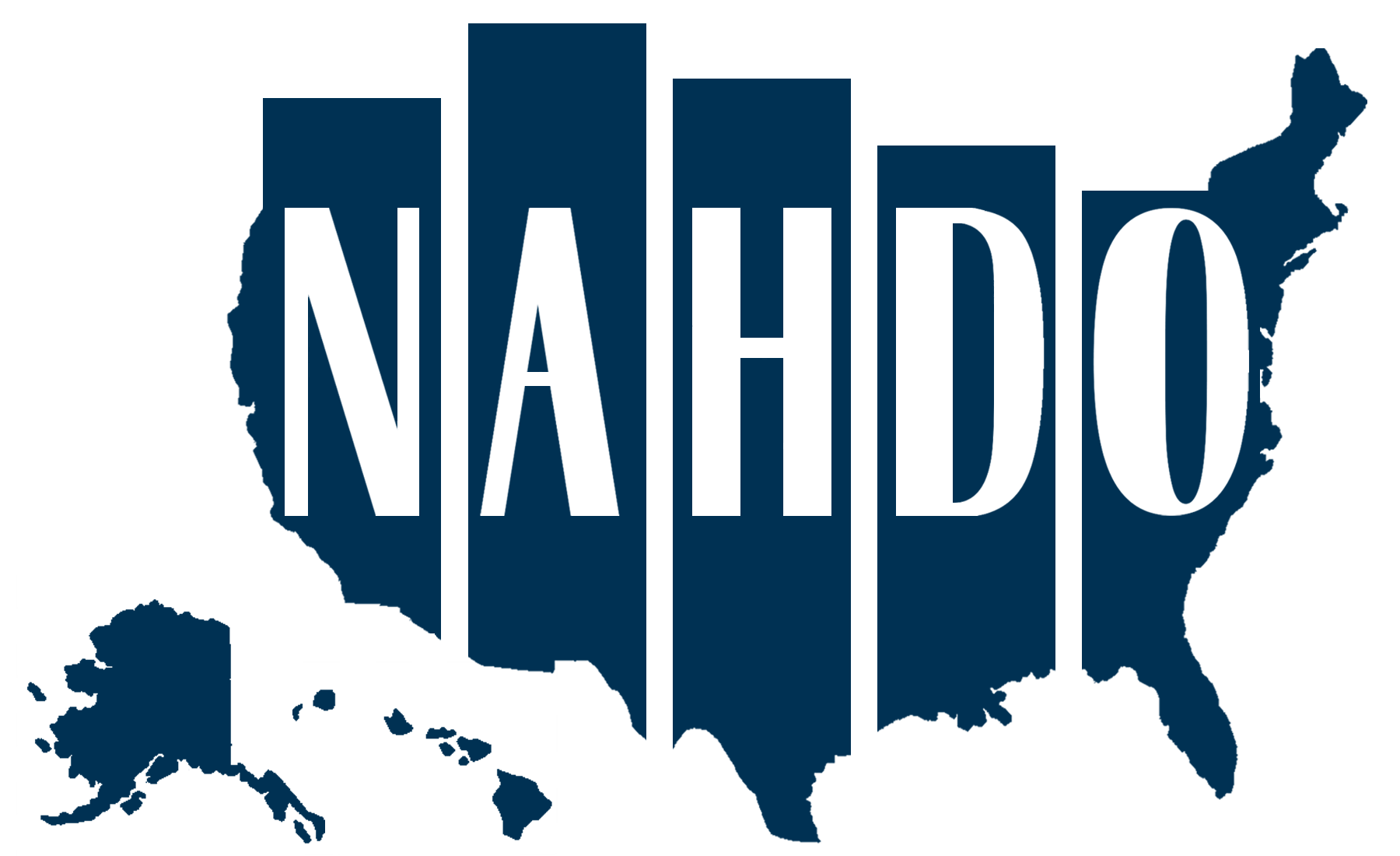National Uniform Billing Committee
January 15, 2014 Meeting Minutes
Barbara A. Rudolph, NAHDO
The January 15th conference call covered three issues: Discussion on Use of Bill Type 014x for Lab Bills not related to other inpatient Lab Bills; and Appeal for Industry and Occupation Codes; and an Appeal for UB04 enhancements to accommodate five ED Triage Levels. In addition, the Minutes were Approved for the November 15th, 2013 Conference Call.
1.
Medicare OPPS Final Rule for 2014—Change in Usage of Bill Type 014x
Issue: The final CY 2014 Outpatient Hospital PPS rule called for a change in the application of Type of Bill (TOB) 014x for purposes other than what is indicated in the UB Manual and approved by the NUBC. This change only became apparent in the actual transmittal instructions published on December 27, effective January 1. This promoted confusion and anxiety out in the field. Items and services in the OPPS are either paid separately or packaged into a payment for other services. This particular situation relates to outpatient lab charges that occur on the same day and are unrelated to the day’s primary outpatient service. They are paid separately and not packaged with other lab on the outpatient claims. The CMS instruction to use the 014x for these situations is counter to the bill type definition and therefore is incorrect. The TOB 014x was created to be used only in cases where the hospital acts as a reference lab and doesn’t see the patient, and only a specimen is provided. When a patient is seen for a lab test, they are registered as patients in the inpatient setting.
Hospitals are very concerned about these incorrect instructions because they have a number of claims that will be affected by the rule and the hospital’s infrastructure is not designed for this use of the 014x, and thus infrastructure would need to be built. The issue needs to be resolved in a timely manner given significant financial impact. Concerns were also expressed by committee members who believed that allowing CMS to change the meaning of any code in the NUBC manual would be inappropriate given the NUBC responsibility for the contents of the manual under HIPAA.
A number of options were discussed for fixing this situation including assigning a Status Indicator, which would require CMS to develop edit logic, which may take some time.
Action: George Arges will follow-up with CMS to find out whether they have developed a solution and what that might entail.
2.
NUBC Appeals
Appeal 1: A sub-committee deliberated on two appeals asking the NUBC to reconsider actions taken at the July/August 2013 meeting. One was related to the request from researchers at Drexel University for industry and occupation (I/O) codes. The other appeal came from Wyoming Medicaid that requested UB-04 enhancements to accommodate five emergency department triage levels.
With respect to the I/O codes, the subcommittee determined that the information provided by the appellant was no different than the original request, and therefore, failed to meet the requirements for an appeal. An appeal must present new information in order for it to be considered by the committee.
Action: The NUBC committee asked George Arges to draft a letter to inform Drexel of the committee’s concerns and ask them to select a time and date for a hearing on what they deem to be new information.
Appeal 2: Todd Osmundson reported that Wyoming Medicaid had some misconceptions on how certain UB codes are used (e.g., that Priority of Admission applies only to inpatient claims). The committee had tried to clarify the misunderstanding in a letter together with recommendations to assist them with ED coverage and payment issues. The committee presented a set of data variables routinely reported on the UB that could be applied via an edit methodology to arrive at the information they were seeking. The appellants replied to the letter indicating they still wanted some levels of severity index reported (as opposed to building the necessary adjudication system logic).
The subcommittee members concluded that the appeal documentation that was submitted contained no new information as grounds for the NUBC to reconsider its action.
Action: The NUBC reaffirmed its original July 31, 2013 decision and denied the appeal.
